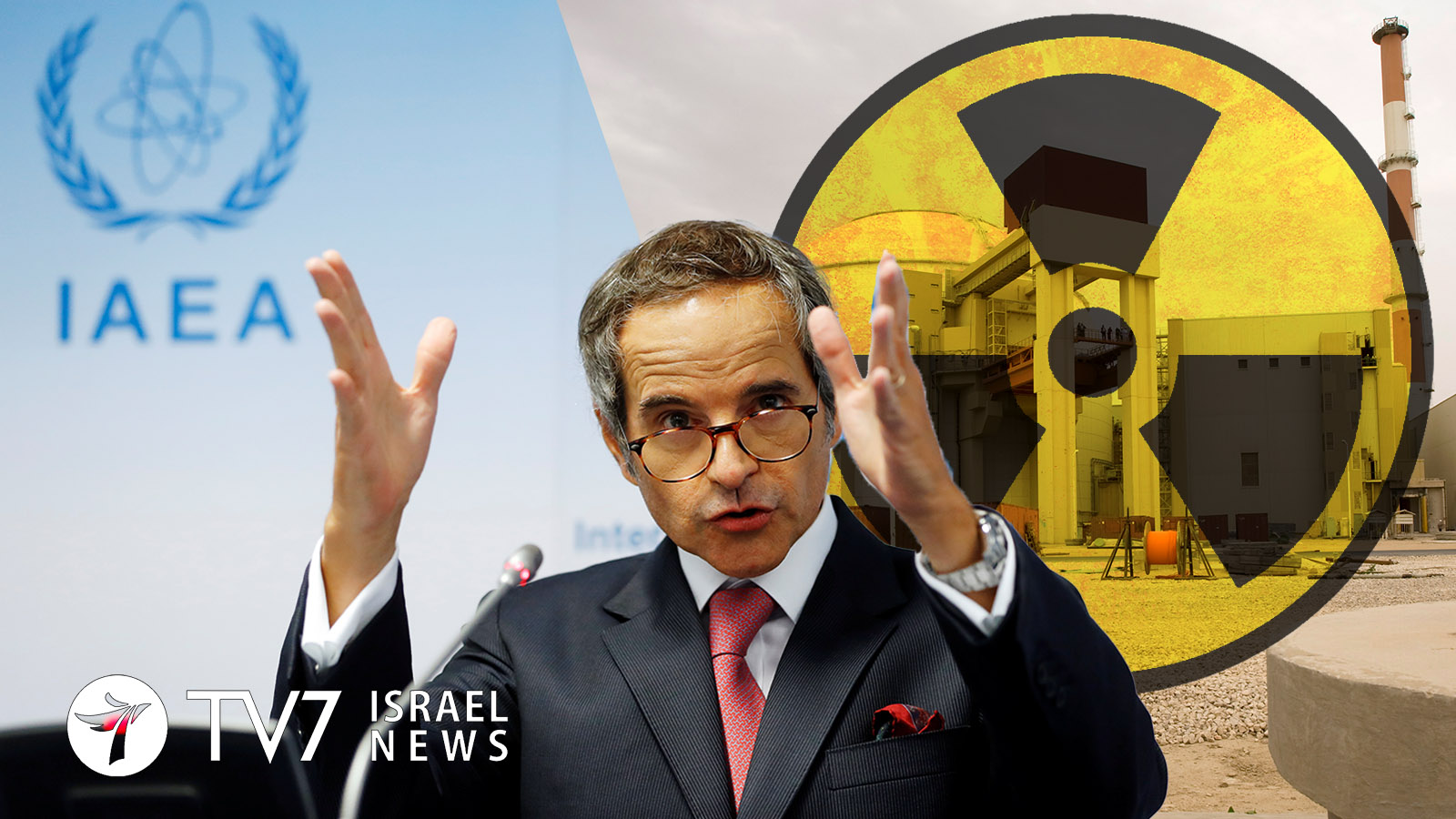Iran has followed through on its intention to produce uranium metal, which can be used to make the core of an atom bomb. The development marks the latest significant breach of the 2015 Joint Comprehensive Plan of Action (JCPOA) nuclear deal by the Islamic Republic.
The International Atomic Energy Agency (IAEA) confirmed Iran’s actions in a statement. According to the United Nations nuclear watchdog organization, “Director General Rafael Mariano Grossi today informed IAEA Member States about recent developments regarding Iran’s R&D activities on uranium metal production as part of its stated aim to produce fuel for the Tehran Research Reactor.”
Wednesday’s report, seen by Reuters, and a previous one said that Iran planned to carry out research on uranium metal using natural uranium before moving on to uranium metal enriched to 20%, the level it is enriching uranium to now, short of the 90% that is weapons grade.
“The Agency on 8 February verified 3.6 gram of uranium metal at Iran’s Fuel Plate Fabrication Plant (FPFP) in Esfahan,” the IAEA statement added.
France, Britain and Germany – who were among 6 other nations who were party to the JCPOA – declared last month that they were “deeply concerned” over the situation, saying Iranian uranium metal production had no civilian credibility but potentially serious military implications.
The principle aim of the JCPOA was to extend Tehran’s “break out time” needed to produce enough fissile material for a nuclear bomb from some 2-3 months to at least a year.
Even though Iran has long denied the pursuit of atomic bombs while insisting it simply wants to use nuclear energy for peaceful purposes, earlier this week the country’s Intelligence Minister Mahmoud Alavi warned that unless international sanctions are lifted, the Ayatollah regime may opt to develop a nuclear weapon. In an interview to state television broadcast late Monday, the top spy chief stressed that Western powers would be responsible for Iranian acquisition of atomic bombs for having ‘pushed Iran in that direction like a cornered cat.’
Iran openly began breaching the JCPOA in 2019 after then-US President Donald Trump withdrew from the accord the previous year and reinstated crippling economic sanctions on Tehran. In recent months those violations have been accelerated in what is widely viewed as a means to pressure the new administration of President Joe Biden to return to the deal.
In November 2020, the Ayatollah regime passed a law in response to the killing of its top nuclear scientist Mohsen Fakhrizadeh, including the opening of a uranium metal plant. Tehran doubled-down by informing the IAEA in December that it was planning on making uranium metal fuel for a research reactor.
Iran has blamed the Fakhrizadeh assassination on its arch-foe, Israel, which declined to either confirm or deny involvement.
Fakhrizadeh, 59, had long been described by Western and Israeli intelligence services as the mysterious mastermind of a covert atomic bomb program halted in 2003, which Jerusalem and Washington charge Tehran of working to restore.
The British Jewish Chronicle weekly published a bombshell report yesterday, claiming that Fakhrizadeh was killed by a one-ton gun smuggled into Iran in pieces by the Israeli Mossad intelligence agency. The paper cited intelligence sources who said that the attack was carried out in a joint operation by 20 Israeli agents with Iranian nationals following 8 months of surveillance. According to the article, the Mossad mounted the automated gun on a Nissan pickup and that “the bespoke weapon, operated remotely by agents on the ground as they observed the target, was so heavy because it included a bomb that destroyed the evidence after the killing.” While the ambush said to have been executed “without American involvement,” the Trump administration reportedly received prior notification.
TV7 has not been able to immediately verify the report by the London-based Chronicle, which went on to assert that the Islamic Republic has “secretly assessed that it will take 6 years” before a replacement for Fakhrizadeh is “fully operational” and that his death had “extended the period of time it would take Iran to achieve a bomb from about three-and-a-half months to two years.”
In response to the report, an Israeli government spokesman reiterated last night that, “We never comment on such matters. There has been no change in our position.”
